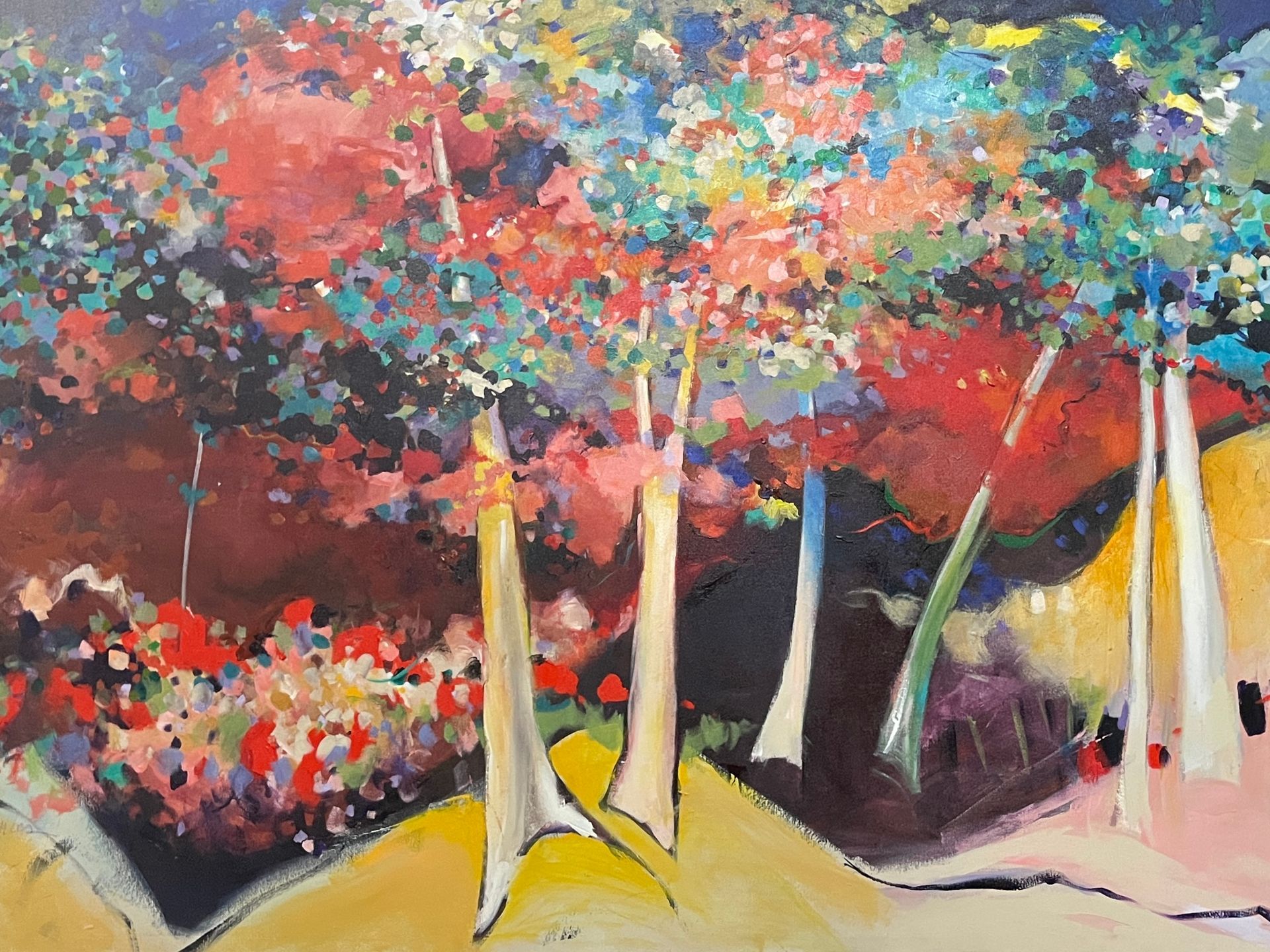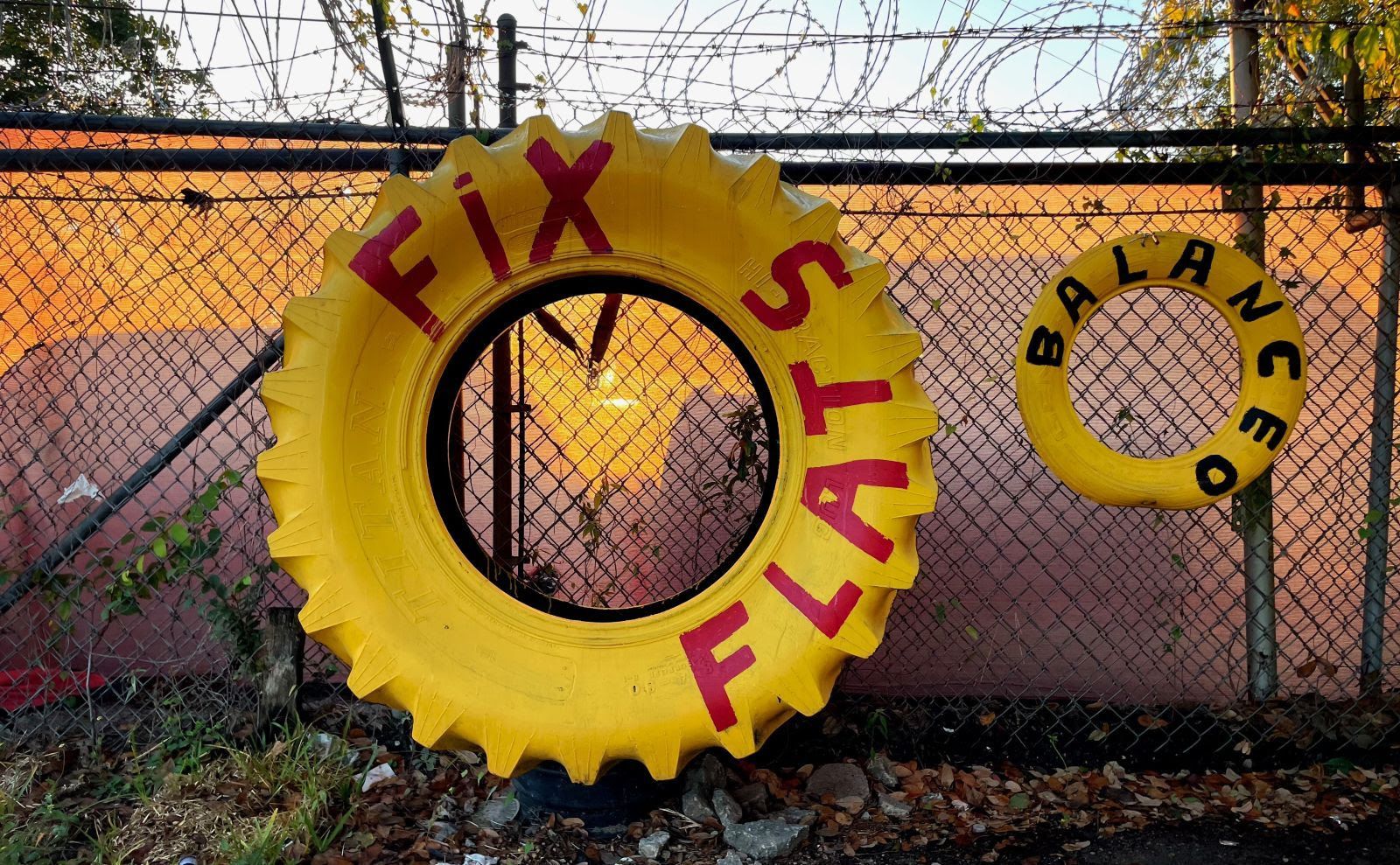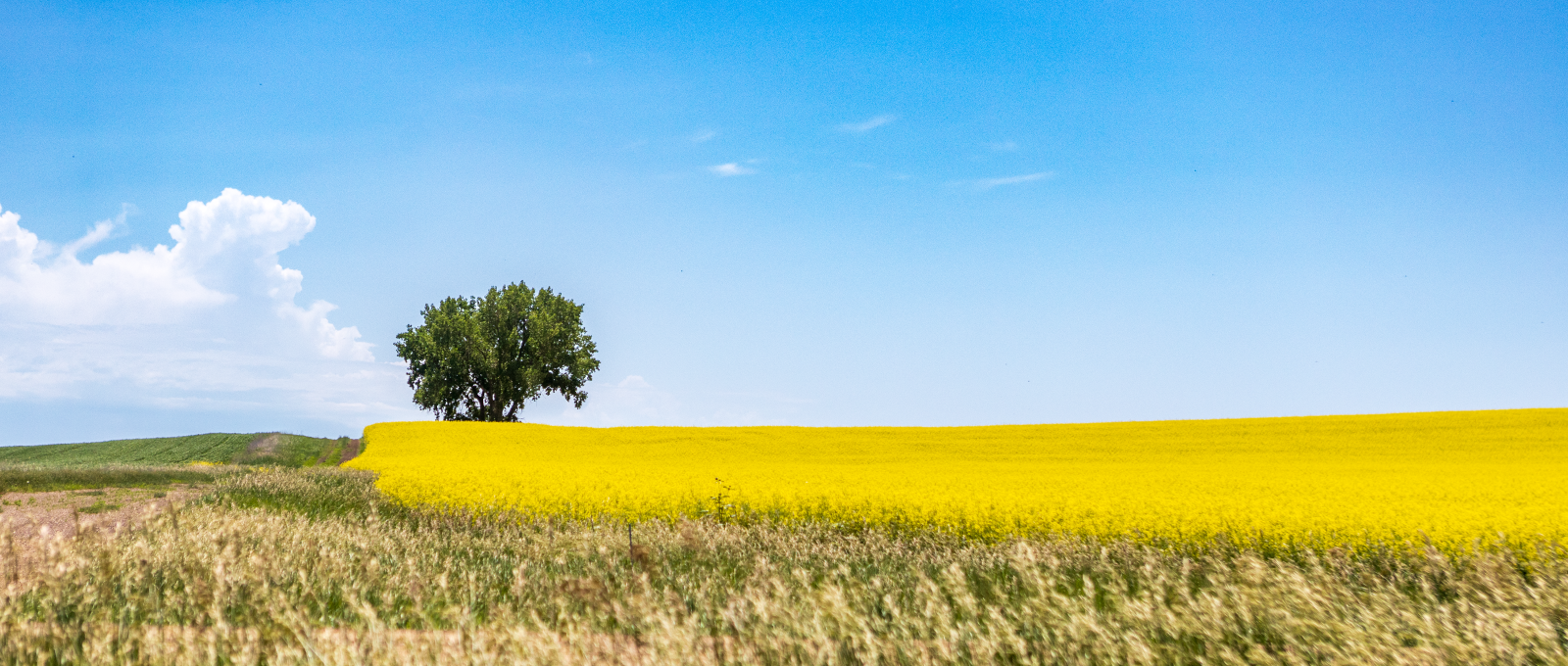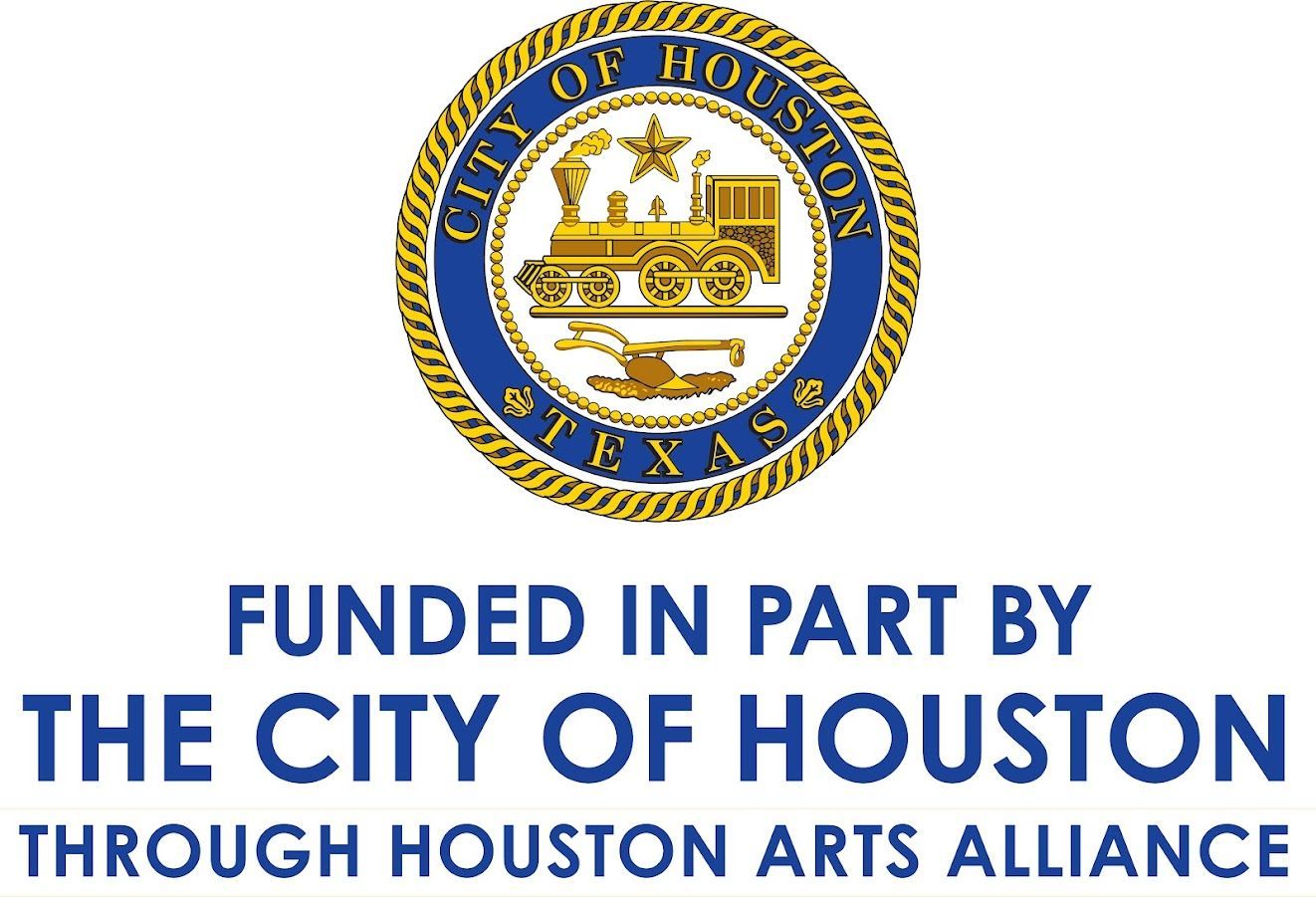The profound injustice of refusing empathy
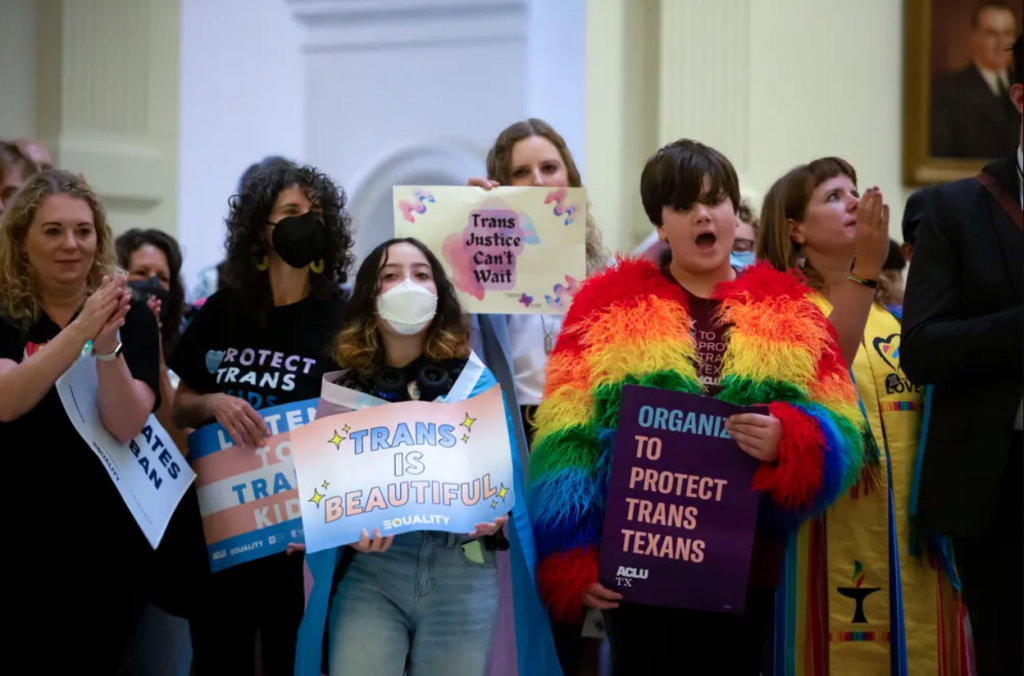
Friends,
On a Thursday afternoon in early May, I sat with a group of courageous advocates shaken by their experiences at the state capitol in Austin the week before. Legislation banning medical care for transgender youth was working its way inexorably through the statehouse, and parents, children, and their allies were working feverishly to have a voice in decisions being made about their lives. If their voices were heard, they were ignored. On May 2, state troopers cleared activists protesting the legislation from the chamber, detaining two on charges that were quickly dropped. The governor signed the bill into law June 2, in the face of overwhelming medical evidence that the act would harm, not protect, youth.
This circle of faces grappling with their experiences – wise, determined, frightened, angry – remain vividly present for me, nearly two months later. I feel profound sorrow and deepening shame. We Texans have told these precious humans that they are inhuman.
This isn't an exaggeration. One of the core documents guiding the development of this legislation is the current party platform of its authors, which opposes "all efforts to validate transgender identity."* The choice of words is fascinating, and telling. It suggests of course that the endgame is not protecting children, but controlling the individual's experience of their personhood – indeed, determining the terms of one's existence. It suggests that we can stop the movement of the human psyche, which is far more complex, differentiated, and profound than our categories can begin to capture.
Along with those courageous advocates from the Transgender Education Network of Texas , one of The Jung Center's partners over the last decade is the Human Rights Campaign. Legislation like this has led them to declare a state of emergency for the LGBTQ+ community. The same party platform that refuses to see and acknowledge trans and gender-expansive identities also defines homosexuality as an "abnormal lifestyle choice,"* again in the face of overwhelming medical and psychological evidence to the contrary.
Words matter. They can liberate as well as subjugate, open ways of being and close them off. They cannot change the reality of the psyche, but they can exclude us from what we most need: community. The term I used above, "gender-expansive," was coined by researchers working for the Human Rights Campaign after a pathbreaking survey of LGBTQ+ youth ten years ago: "The term 'gender-expansive' came out of this report to classify youth who did not identify with traditional gender roles but were otherwise not confined to one gender narrative or experience. This term allows us to talk about youth who don’t meet our 'traditional' understandings of gender without putting their identity in a box."**
The researchers listened to the experience of LGBTQ+ youth with empathy and humility, and they developed language to increase experiences of freedom, dignity, and belonging. They created room for psyche to move in the world.
This is our task, too. Over the course of our lives, our old ways of understanding the world inevitably change, through experience, through trauma, through breakthroughs and breakdowns. At each of these moments, our growth depends on our humility before the mystery of existence, our willingness to carry our own uncertainty while new ways of being are emerging.
Our personal work is psychological and social at the same time. Listen to the voices of directly-affected people. Notice how and where they are being dehumanized and excluded from community. Educate yourself about their history and how they think and write about their own experience. Deeply question the motives and emotions of those who would act on their behalf without drawing them close, without empowering them to determine their own futures, without affirming their essential humanity. Our own humanity, and the strength of our community, depends on it.
Warmly,
Sean
** https://www.hrc.org/resources/resources-on-gender-expansive-children-and-youth
Photo by Leila Saidane/The Texas Tribune – https://www.texastribune.org/2023/05/02/texas-trans-kids-health-care-ban/
The post The profound injustice of refusing empathy appeared first on The Jung Center of Houston, Texas.
Share
Recent Posts
